MBL to Honor Ten for Significant Contributions to Science and to the Lab

Recognizing that the writing of history has often marginalized the contributions of women, people of color, and other groups that remain underrepresented in science, the Marine Biological Laboratory has launched a project to honor people with close MBL ties who have made important, under-recognized contributions to scientific research, education, and administration.
As a first phase of this effort, nominations were solicited from the MBL community of scientists who were integral to the laboratory’s history, yet who lack wide appreciation. We were grateful to receive numerous outstanding suggestions. From these nominations, MBL leadership, in consultation with historians and colleagues, selected 10 people to initially honor. Others will be considered for future recognition opportunities, such as named fellowships. See more information on the 10 honorees here.
Nine of the selected will have a wing of Loeb Laboratory named in their honor. They are:
They are: Jewel Plummer Cobb in recognition of her scientific research and her leadership in promoting science education for women and underrepresented minorities.
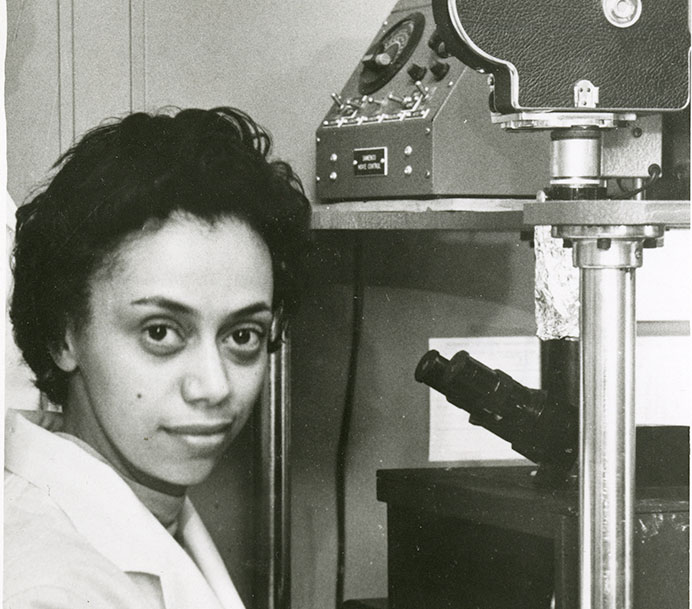
Jean Clark Dan and Katsuma Dan in recognition of their pioneering studies of cell behavior using light microscopy.
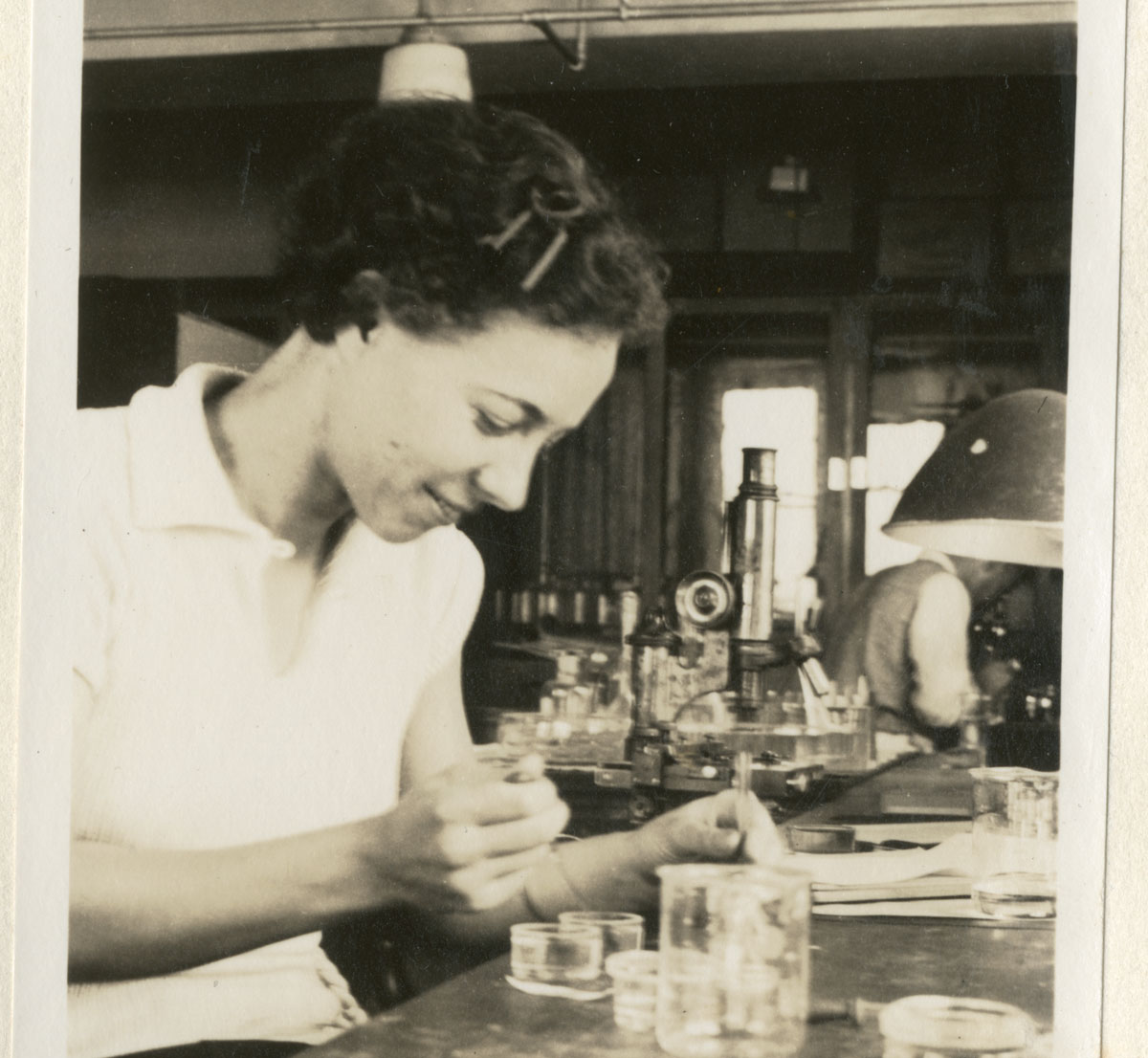
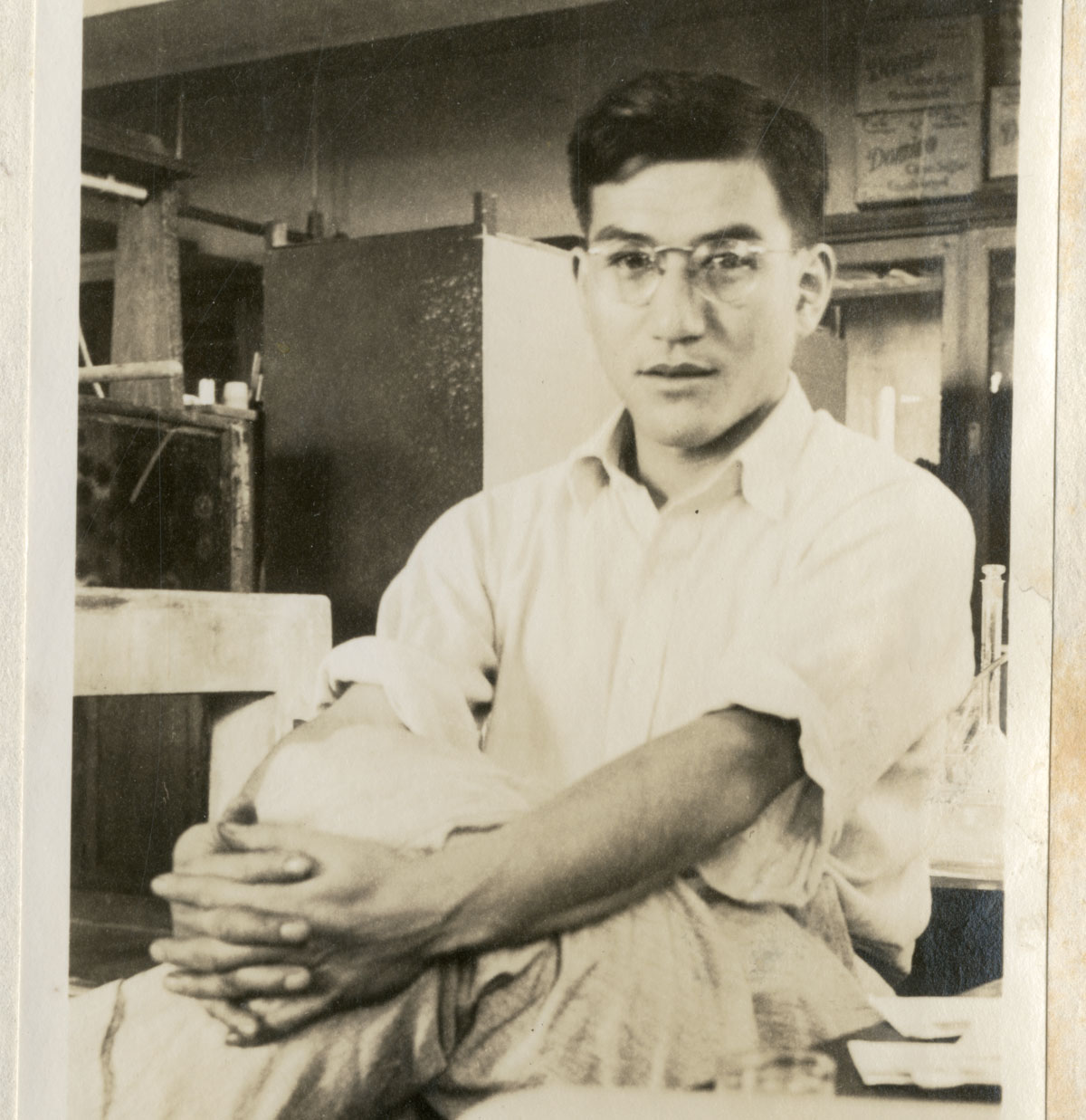
Ernest Everett Just in recognition of his groundbreaking studies of invertebrate development at the MBL, particularly to reveal the role of the cell surface in fertilization and parthenogenesis.
Lilian Vaughan Sampson Morgan and Thomas Hunt Morgan in recognition of their foundational contributions to modern genetics made during a half-century of summers at the MBL.
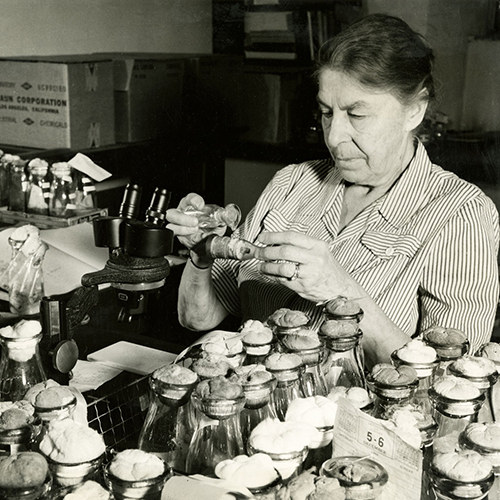
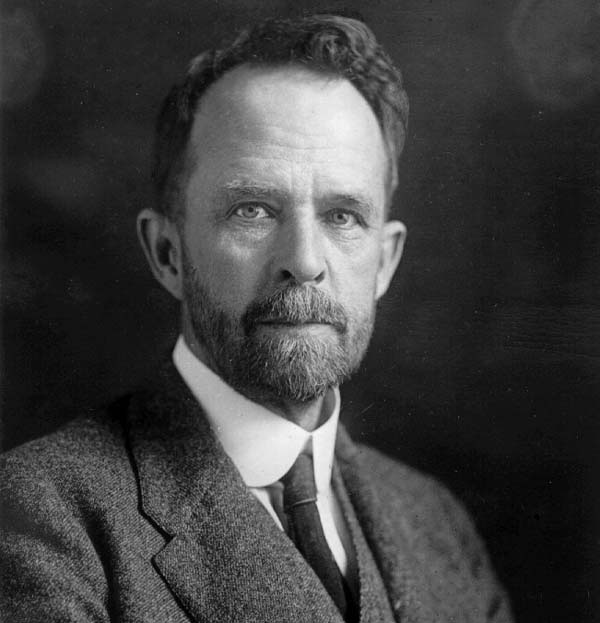
Stephen W. Kuffler For his legendary contributions to the field of neurobiology, and his leadership in advancing neurophysiology education at the MBL.
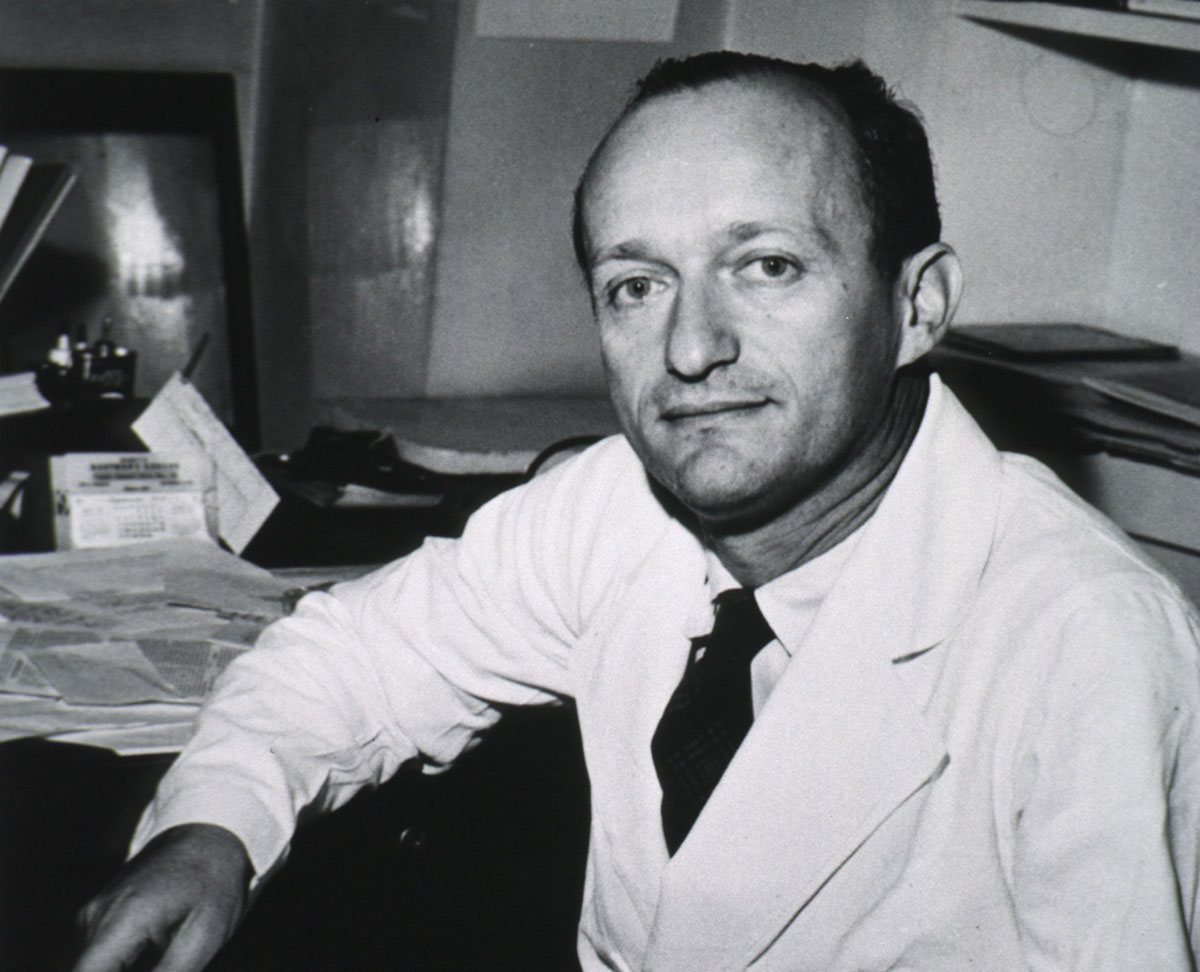
Joe L. Martinez, Jr. and James G. Townsel in recognition of their longtime commitment to increasing diversity at the MBL and in the nation’s neuroscience workforce.
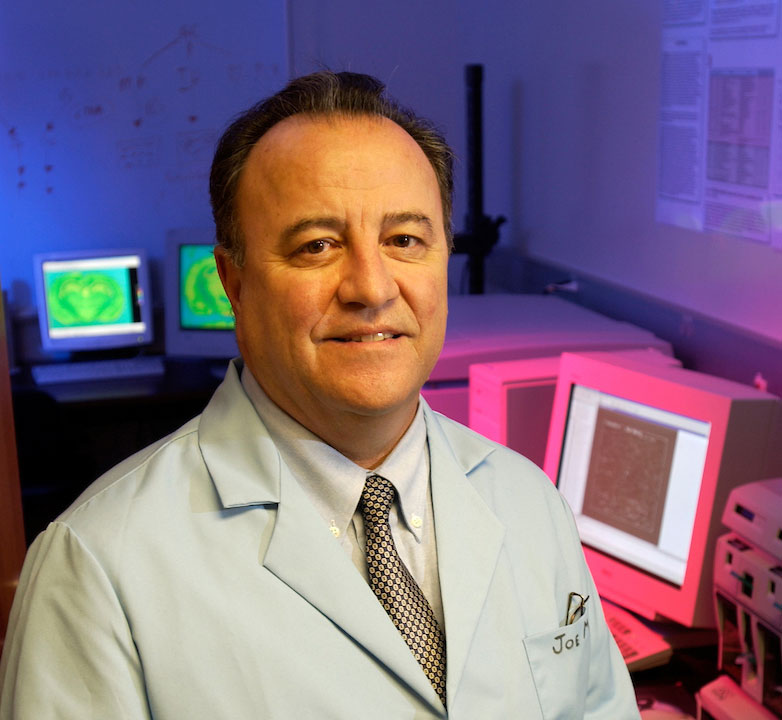
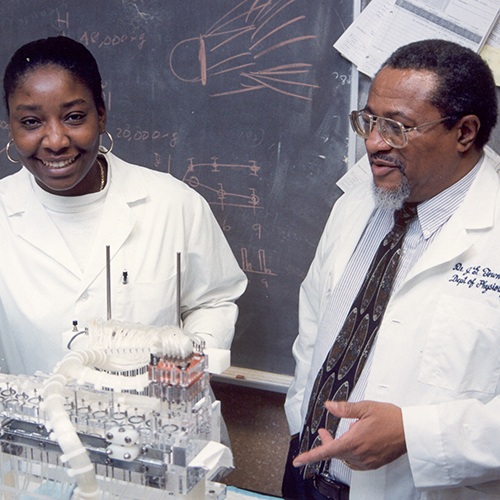
In addition, the MBL’s main lecture and event auditorium, the Lillie Auditorium, will be renamed the Cornelia Clapp Auditorium to recognize Cornelia Clapp (top photo), the first scientist to arrive in Woods Hole for the MBL’s inaugural summer in 1888. Clapp, who worked at the MBL as a student, investigator, instructor, and the first librarian, became the first elected woman trustee of the MBL in 1910 and held the position until her death in 1934.
Constructed in the early 1930s, Lillie Laboratory was named after Frank R. Lillie, director of the MBL from 1908-1925 and a prominent embryologist. Today, the MBL is pleased to formally honor Cornelia Clapp within its flagship Lillie building for her foundational role as an MBL researcher, teacher and trustee, at a time when few women pursued science.
In addition to installing named plaques in the wings of Loeb Laboratory, an exhibit recognizing the honorees will be hung in the Lillie Laboratory lobby this spring. Pending Covid-19 restrictions, a virtual or hybrid event may be held to dedicate the spaces and further celebrate the honorees. Updates will follow!
Photo Credits: Top right: Cornelia Clapp (MBL Archives); Jewel Plummer Cobb circa 1969 (Linda Lear Center for Special Collections and Archives, Connecticut College); Jean Clark Dan (MBL Archives); Katsuma Dan (MBL Archives); Ernest Everett Just in 1921 (MBL Archives); Lilian Vaughan Sampson Morgan (MBL Archives); Thomas Hunt Morgan in 1910 (A.F. Huettner, MBL Archives); Stephen W. Kuffler (U.S. National Library of Medicine Digital Collection); Joe L. Martinez Jr. (University of Texas at Austin); James G. Townsel and student (Meharry Medical College and Archive).
